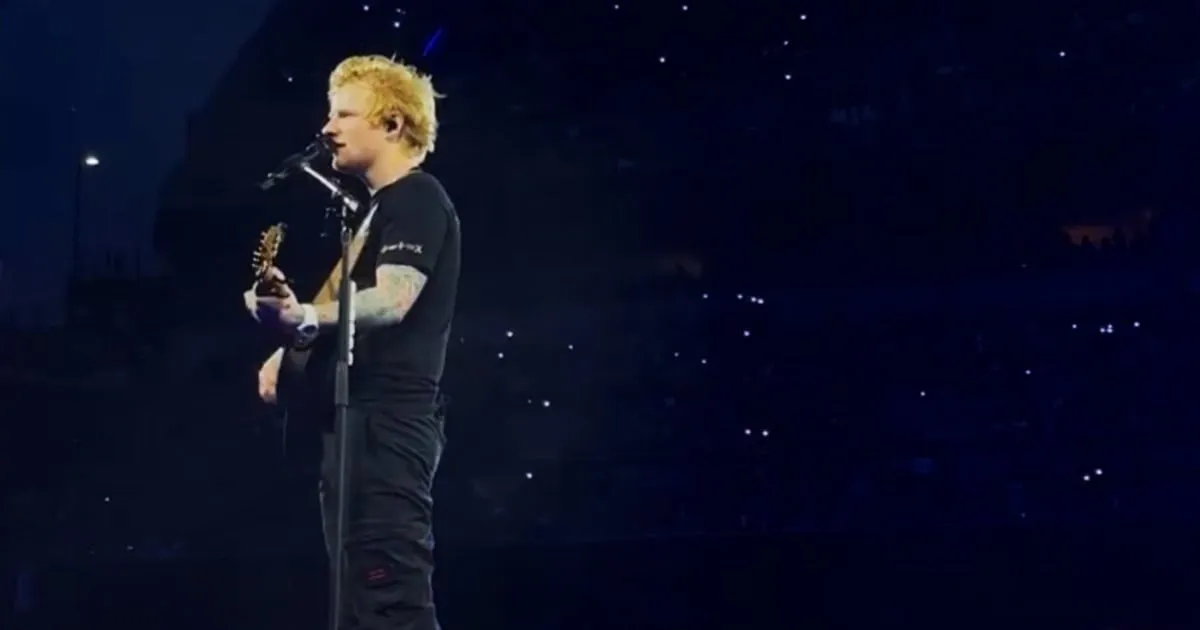Slowbizz.com is a newly launched social network for music lovers designed to facilitate house concerts for solo artists. They emphasize that they are focused on slowly building a solid infrastructure of hosts before touring begins. The service is free to join for both hosts and artist. Hosts guarantee a basic contribution and accommodations while artists pay when a tour is booked.
Slowbizz.com – "built by music lovers, for music lovers"
Slowbizz.com is in the early stages of what is planned as a slow process of building a "sustainable ecosystem for both the end-user and the artist." Though they are initially focused on recruiting hosts, artists can also apply now.
Hosts pay a basic fee of $205 on booking a concert that will go to the artist along with donations at the show. They provide a performing space in their home and are expected to gather an audience of at least 10 with promotional support from Slowbizz.com. They also provide a meal and accommodations or a fee in lieu of a place to stay. A particularly interesting twist is that they also are required to drive artists up to 75 km (46.6 miles) to their next gig!
Artists pay $135 per booked tour plus $40 per location that covers Slowbizz.com's fees. Slowbizz.com also provides marketing services.
It's an interesting concept and the emphasis on slowly building the network is in their favor given the inherent difficulties of such an approach combined with the attempt to build globally. It's a bit different but has a similar goal as Concerts In Your Home, as previously discussed on Hypebot.
The transportation aspect may run into difficulties in the U.S. where distances between cities tend to be greater than in Europe. That may require adjustments or a focus on regional tours. But the basic concept is solid and will certainly fit solo artists who like a lot of personal interaction and seek alternatives to traditional touring.
Hypebot contributor Clyde Smith maintains his freelance writing hub at Flux Research and blogs at All World Dance and This Business of Blogging. To suggest topics for Hypebot, contact:
clyde(at)fluxresearch(dot)com.




